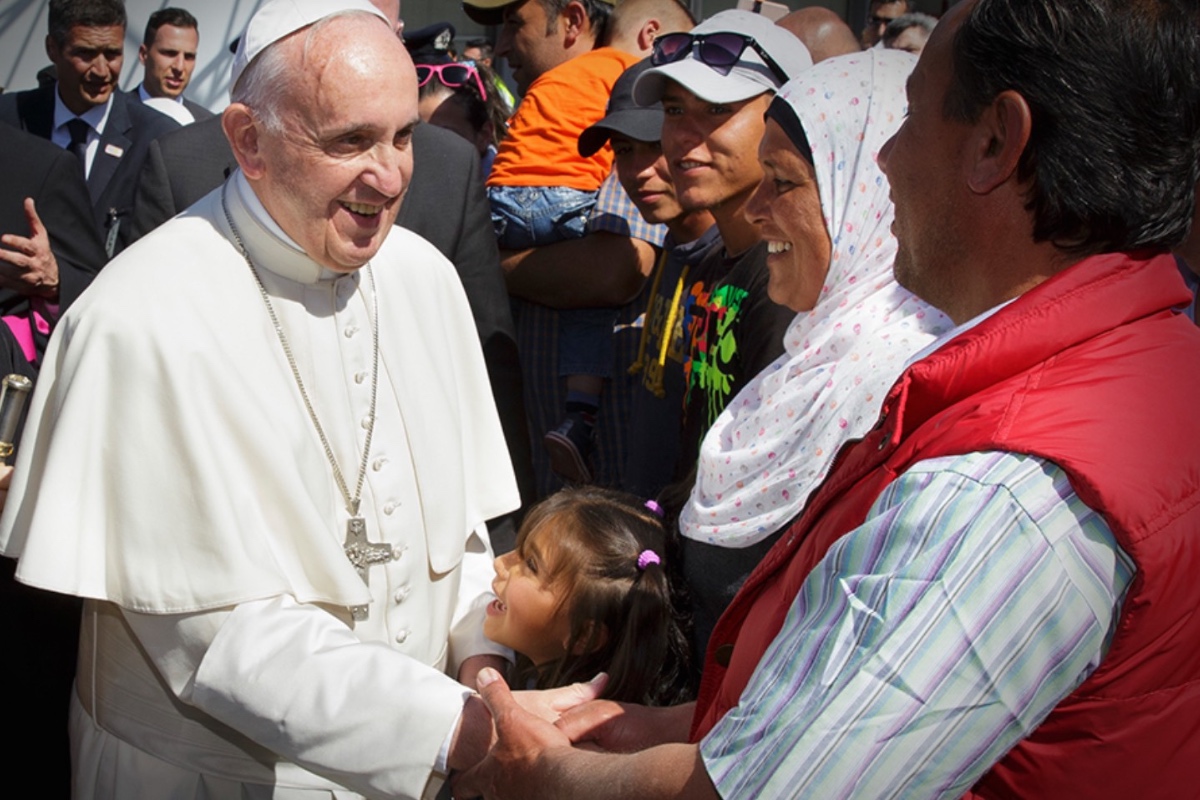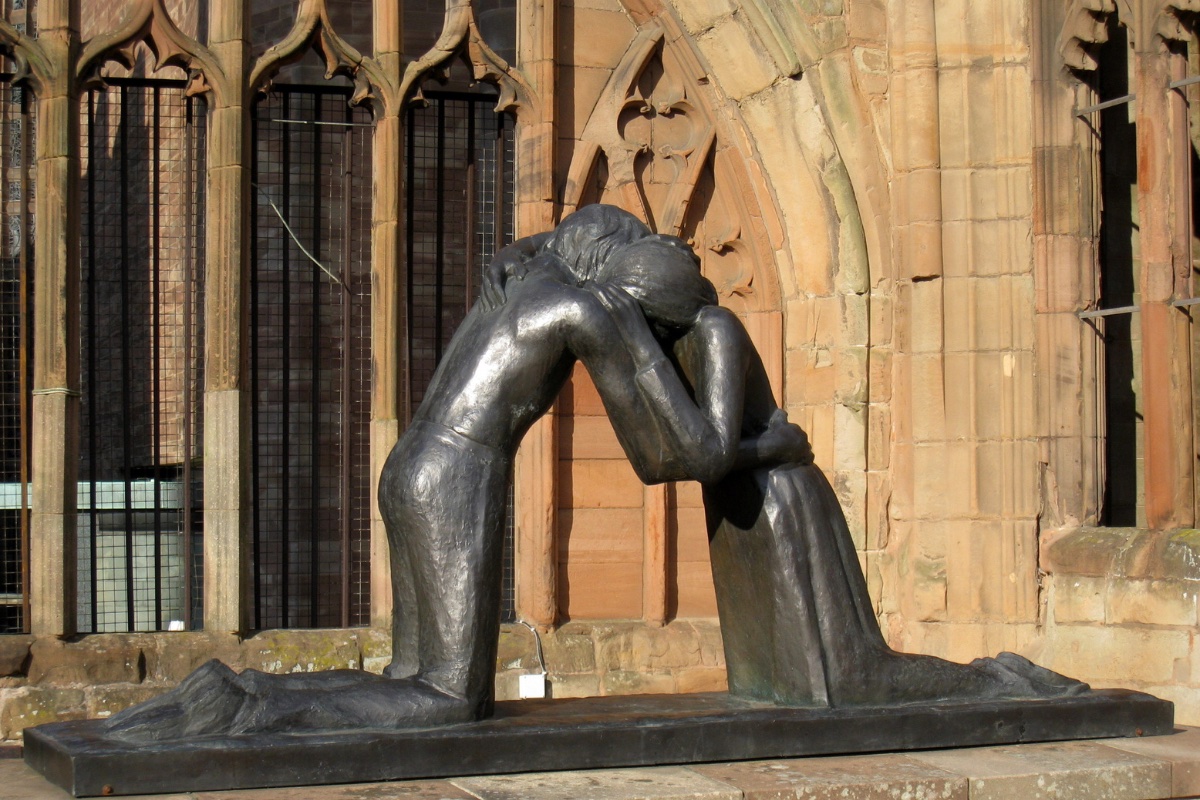Arriving early on a Monday morning at the National Foreign Affairs Training Center in Arlington, Virginia, I did not know exactly what to expect. I was there with 49 other new U.S. Foreign Service Officers for training to prepare us for our new careers as U.S. diplomats. Over the eight-week course, my classmates and I learned many things about the way the State Department and Foreign Service worked, how embassies and consulates were structured, and how we would be assigned to our language training and foreign postings. We even had a session on how to “work a room” at a diplomatic reception and gracefully extricate ourselves from an endless conversation. (After having accompanied me on many long evenings on the diplomatic circuit, my wife has told me that I should have paid better attention to that one.)
Despite all these lessons, the instructors in Arlington could not really teach us how to practice diplomacy—that we learned only through years in the field. And through these experiences, I have become convinced that the key to successful diplomacy is the promotion of reconciliation, finding common ground with others.
Now, this is more easily said than done. As Foreign Service Officers our marching orders are always to promote U.S. foreign policy interests. Sometimes confrontation is necessary in order to preserve those interests. But I became convinced over the course of my career that following the guiding principles of reconciliation would lead to the most positive results in our international dealings. Here are four of these principles.
1. BUILD PERSONAL RELATIONSHIPS
My ambassador in my first Foreign Service posting was notorious for coming into the embassy’s political section where we worked and asking with a staged note of exasperation, “What are all of you doing here?” (We thought we were working hard on important tasks!) He told us he never wanted to come into the section in the middle of the day and see us there. We needed to be out meeting local government officials, university professors, leaders in business, as well as ordinary people on the street. “You could just as well be sitting in an office in Washington doing whatever you’re doing here,” he would say.
He was right. Only by taking the time to get to know a host country’s people, ideally in the local language, will you get to understand more deeply the country where you are serving—and pass that knowledge on to Washington. The more thoroughly we—diplomats and foreign policy practitioners—understand our partners, the more effectively we can find common ground on issues that might otherwise divide us.
2. LEARN TO LISTEN
Diplomats love to talk. We are told to argue for our priorities, explain what makes our country tick, and to be the “voice of the United States.” When we give interviews or formal speeches in public we have to be “on message.” But focusing so intently on our interests, we can talk past the other side, especially as representatives of a global superpower. The most effective diplomacy comes about when both sides are really listening to each other.
When I was assigned as a diplomat at the U.S. Embassy to the Holy See, I once found myself sitting across the table from a group of Dinka Elders from South Sudan at the headquarters of the Community of Sant’Egidio, an international Catholic organization based in Italy. The Community had invited the Dinkas to Rome to discuss how they could play a constructive role in their country, where violence and poverty threatened the future of all who lived there. Sant’Egidio had asked me to join the talks in order to signal U.S. support for the initiative.
At first, I was surprised that the members of the Community guiding the discussions took so much time in the sessions without promoting the common Sant’Egidio/U.S. view of the situation on the ground. The Dinkas seemed to monopolize the first several hours of the session. But it became clear that the key to this dialogue was for us to listen to their concerns first and show an understanding of their reality. In due time, members of the Community made the points they needed to make, and the talks turned out to be constructive.
I have become convinced that the key to successful diplomacy is the promotion of reconciliation, finding common ground with others.
3. REMEMBER THE HISTORY
Poland in the late 1990s was a dynamic society that, on the surface, seemed to be ready to move on from its Communist past. Businesses were growing, everyone was learning English, and Poland was about to join NATO. My job was to report to Washington on Polish society and politics, giving the policy-makers and analysts in DC input as they charted the course of U.S. foreign policy in this newly liberated land.
But while the policy of the United States was to assist the growth of Poland’s democratic society and help it achieve its goal of integration with Western institutions, the process became complicated, as many Poles felt that there had been no clear reckoning with recent history. How many of those profiting from the new Polish economy had collaborated with the Communist authorities? Which government leaders, now proudly post-Communist, had only a few years earlier supported the former regime? Without an honest reconciliation with the past, it was difficult for many to move forward. The movement that sought to respond to this challenge, lustracja, was complicated and incomplete. It also had unintended victims. However, it did promote important and necessary conversations in Polish society, conversations that the United States needed to learn from in order to work more effectively with its new international partner.
4. PROMOTE SECURITY
After the Balkan wars of the 1990s, the United States worked to advance reconciliation in the region, a difficult process after so much bloodshed. Many initiatives aimed to help the people of the region move forward from conflict, but before any rapprochement could take place, people had to feel safe. As U.S. Department of State liaison for United Nations peacekeeping operations in Kosovo and Bosnia from 2001–2003, I witnessed a number of countries joining the United States to send civilian police and troops to the region. Previous UN forces had failed to stop the 1995 massacre in Srebrenica, so countries could have been hesitant to wade back into the conflict in this way. These deployments were also costly to the UN and to NATO—and sometimes dangerous for the peacekeepers. However, the investment by the sending countries was crucial to create an atmosphere in which peace and understanding might grow. Previously warring populations had to feel some relief from the daily, oppressive threat of violence in order to take the first steps back to normalcy. The record of the peacekeepers in those post-war years was far from perfect, but their contribution to security helped create a path toward stability—and reconciliation.
In today’s globalized, interconnected societies, we see that war, poverty, and disease in any part of the world will inevitably affect all of us in some way. Seeking reconciliation among different groups, finding common ground, and cooperating to face the world’s problems give us the best opportunity for long-term success. Strong allies make for good partners in trade and security. People lifted out of warfare and poverty are more likely to form law-abiding, stable governments whose territories will not become havens for terrorist organizations.
One overarching lesson I learned back in my diplomatic orientation has always rung true: a robust, professional, non-partisan U.S. Foreign Service is the best tool the United States has to bring people together and create opportunity for peace and prosperity at home and abroad.
Peter G. Martin, special assistant to the president at Boston College, was a U.S. Foreign Service Officer for 23 years, serving in various posts overseas and in Washington, DC. He is the chairperson of the Steering Committee of BC’s Church in the 21st Century Center and teaches in BC’s International Studies Program.
Photo credit: Adobe Stock/vadiml





